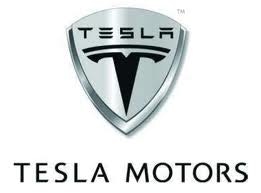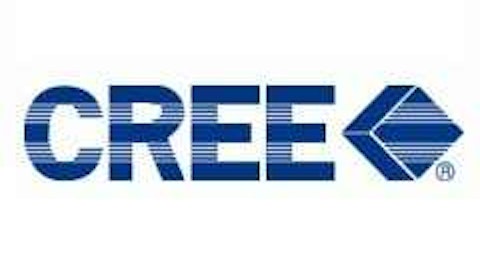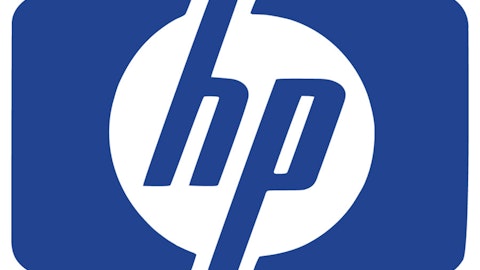Today’s vehicles are marvels of modern technical innovation. Tesla Motors Inc (NASDAQ:TSLA), for example, has an interface in its cars that allows them to be controlled remotely by a mobile device. But as with any technology, this system has its flaws. George Reese, the director of cloud management for Dell Inc. (NASDAQ:DELL) recently wrote an article for O’Reilly about how the Model S has a security flaw that leaves it exposed to hackers.
Weak security
According to Tesla Motors Inc (NASDAQ:TSLA), its interface for Android and iOS devices is capable of “monitoring and controlling” a Model S remotely . Reese’s article points out that the authentication method of Tesla Motors Inc (NASDAQ:TSLA)’s system can be accessed via the web and expires only every three months. That extended period of time means hackers could ultimately exploit it.
Building advanced technology, however, is how Tesla Motors Inc (NASDAQ:TSLA) is able to compete with incumbent car manufacturers. It’s the company’s strategic weapon. Being able to effectively fix problems like this is important to Tesla Motors Inc (NASDAQ:TSLA)’s operations. Any major security breach could adversely affect Tesla Motors Inc (NASDAQ:TSLA)’s business, and the company is betting big on the Model S sedan.
Right now, things are looking up for Tesla. The company doubled its year-over-year revenue to $413 million in 2012 . Its capital expenditures were $239.2 million in 2012, mostly attributed to readying the Model S for market . Tesla’s total loss from operations was $394 million in 2012, and total losses were $396 million for the year . Yet, automotive sales were up 159% in 2012, to $385 million from 2011’s $140 million sales number.
What’s Dell got to do with it?
It’s striking for Reese, an executive for Dell Inc. (NASDAQ:DELL), to publicly point out this Tesla vulnerability. He could have privately informed Tesla of the problem, but instead he published an article with his name on it. It’s no coincidence that Dell Inc. (NASDAQ:DELL), a company with declining revenues, is now marketing itself as a service-based tech company in the vein of International Business Machines Corp. (NYSE:IBM) as computer sales drop.
Dell’s revenue fell 8% last year to $56 billion , and profits were off 32% as they slipped from $3.4 billion in 2011 to $2.3 billion in 2012 . Dell did credit cloud computing for the company’s ability to increase margins in services over last year as it tries to become more service-based as opposed to focusing on the low-margin computer hardware business.
That shift is a factor in why the company wants to go private in a share buyout that is reported to be for $13.75 a share . Hardware, it seems, may not be in Dell’s long-term future.
The pivot
What Dell might do is similar to what International Business Machines Corp. (NYSE:IBM) once did: It sold off its venerable computer hardware business to Lenovo in 2005 . International Business Machines Corp. (NYSE:IBM) had to do that in order to continue to grow revenues, building up better margins in the process.






